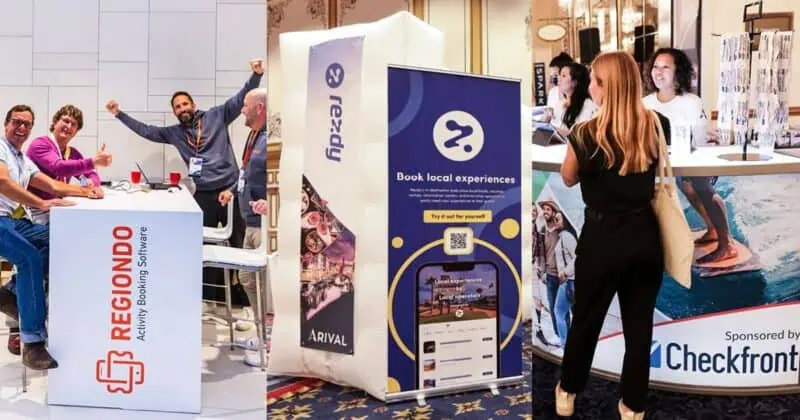We recommend reading this deep dive into the personalization and commodification of food experiences.
The food-focused website Eater recently published an article titled, “How Airbnb Profits From Our Love of Experience.”
It’s a good read, exploring the constantly shifting marketplace of Airbnb Experiences, where unforeseen competition from both individuals and companies is just around the corner.
Citing recent Arival survey data, the article pointed out that 68% of travelers said food and drink were the most important elements of their trips—and 27% of American and European travelers had participated in some type of culinary tour, class or experience.
Why has Airbnb risen to the top as an experience platform? “What Airbnb has that those other online platforms don’t is the brand reputation of being a global community of real people,” reports Eater. “These ‘nonprofessional’ tour guides helped position Airbnb as the antithesis of what Expedia, Booking, and TripAdvisor sell as experiences, even though Airbnb, as a corporate behemoth, has the size and revenues to match or surpass them.”
With Airbnb’s recent launch of Cooking Experiences, which the company says are vetted to maintain quality, the platform seems to be accelerating its reputation as an authentic food experience seller.
This raises a curious dilemma for operators who have food experience-focused businesses. With more travelers seeking local-led and peer-to-peer options, how can in-destination businesses stand out from those who run an experience for a little extra money on the side? Because this is a question that doesn’t seem to have a straightforward answer, dive a bit deeper into the full article.

















